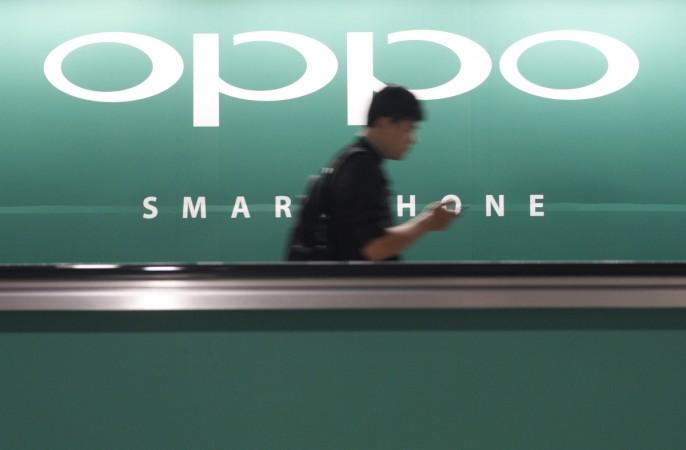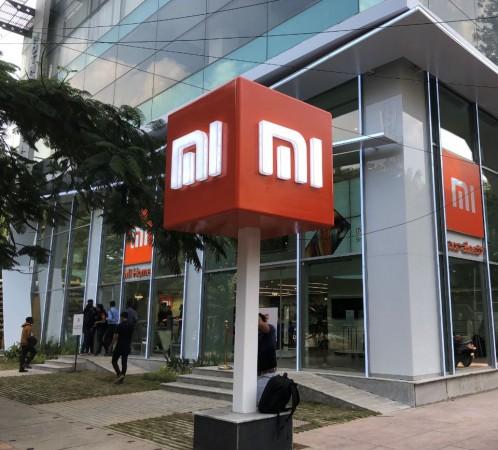In an effort to revive its ailing domestic sector, India is planning to prohibit Chinese smartphone manufacturers from selling phones for less than Rs 12,000, which will hurt companies like Xiaomi Corp. The move attempts to drive Chinese behemoths out of the lower tier of the second-largest mobile market in the world. Concern over the undercutting of regional manufacturers by high-volume brands like Realme and Transsion is growing at the same time.
According to a news report in Reuters, Xiaomi and its competitors would suffer if they were excluded from India's entry-level market because they have increasingly relied in recent years on fuel growth. In contrast, the Covid-19 lockdowns in the Chinese domestic market decimated consumer spending. According to industry researcher Counterpoint, shipments of smartphones priced fewer than Rs. 12,000 accounted for up to 80% of the sales volume in India during the three months ending in June 2022.

Xiaomi and its rivals Oppo and Vivo have already been exposed to intense financial examination by New Delhi, which has resulted in tax demands and claims of money laundering. The government has already used clandestine methods to outlaw communications equipment made by ZTE Corp. and Huawei Technologies Co. Although there isn't a formal policy that forbids Chinese networking equipment, wireless operators are urged to buy alternatives.
Move not to impact Apple and Samsung
Since Apple Inc. and Samsung Electronics Co. charge more for their phones, the change shouldn't have an impact on them. Requests for comment from Transsion, Realme, and Xiaomi representatives went unanswered. In the summer of 2020, India increased pressure on Chinese businesses after a confrontation between the two nuclear-armed neighbours on a disputed Himalayan border resulted in the deaths of over a dozen Indian soldiers. As ties between the two nations deteriorate, it has subsequently blocked more than 300 apps, including WeChat from Tencent Holdings Ltd. and TikTok from ByteDance Ltd.

It is to be noted that, before new competitors from the neighbouring country upset the market with affordable and feature-rich smartphones, domestic manufacturers like Lava and Micromax accounted for slightly less than half of India's smartphone sales.

















